
Truth About Time Share Exit Team Sales Practices
Not all time share exit teams are legit. Learn how to avoid scams, fake escrow claims, and false guarantees.
Home / Timeshare Presentations

Not all time share exit teams are legit. Learn how to avoid scams, fake escrow claims, and false guarantees.

The allure of a dream vacation home, shared ownership in exotic locations, and the promise of luxurious getaways have made timeshares an appealing option for

Timeshare presentations have a reputation for being high-pressure events. The presenters and salespeople have a single-minded goal: to get you to sign a contract before

Last week, we published the introduction to an amazing story about a young family who was swindled into timeshare ownership during a pandemic. Not only
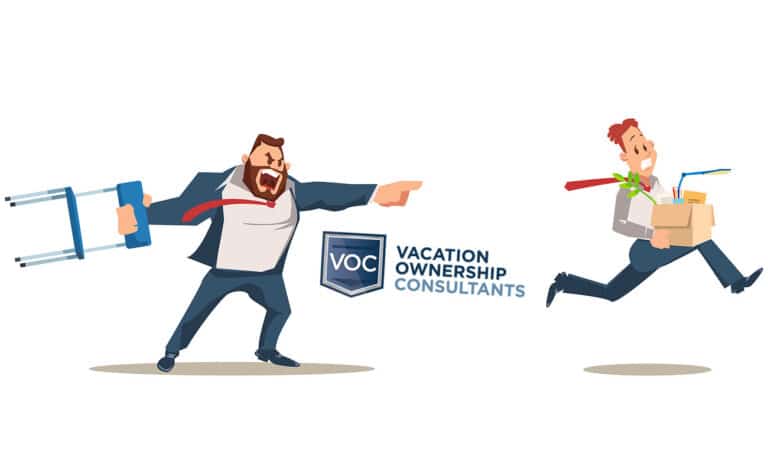
Last week, we put the idea out there that timeshare employees could also be victims of the industry. While plenty of sellers make their own

Have you ever made a large purchase that turned out to be less than gratifying? How about a product that didn’t perform as advertised? In

Nearly every person that attends a timeshare seminar has been incentivised to do so. Whether they eagerly arrive for a free vacation or a simple
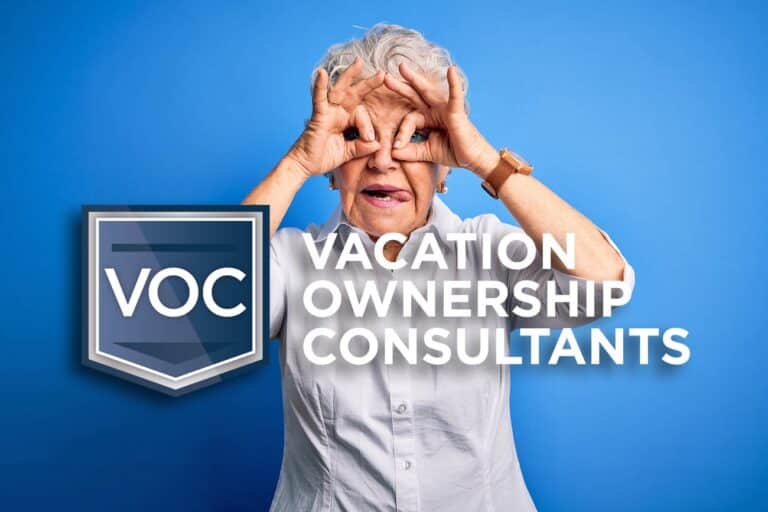
At VOC, we understand that helping timeshare owners doesn’t always mean providing a legal contract termination. Oftentimes, they simply need honest feedback on where they
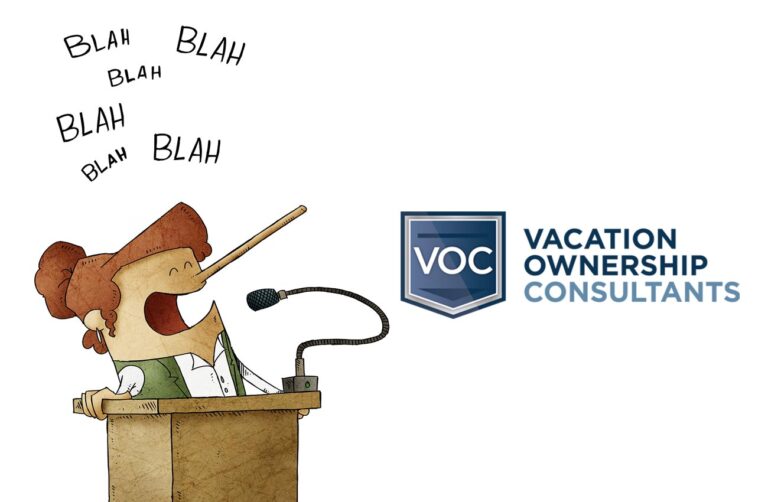
If you were able to catch last week’s article, then you now know there is an endless list of lies that timeshares tell consumers. Nearly
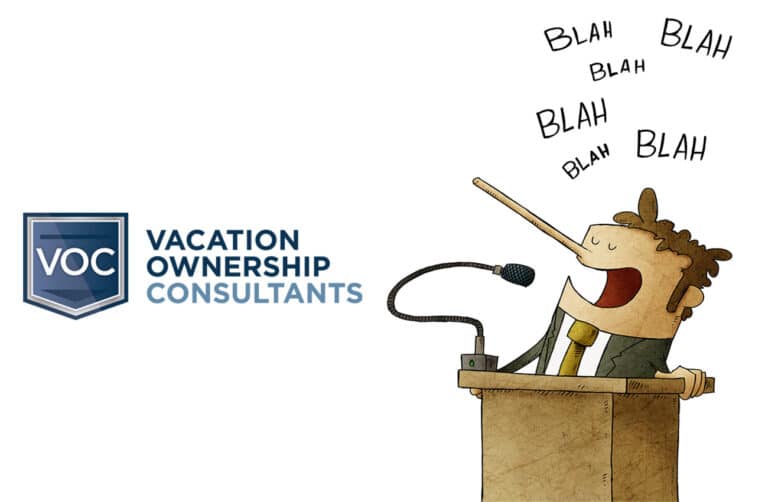
During June and July of this year, we spent a lot of time discussing the lure of timeshare presentations and how consumers are worn down
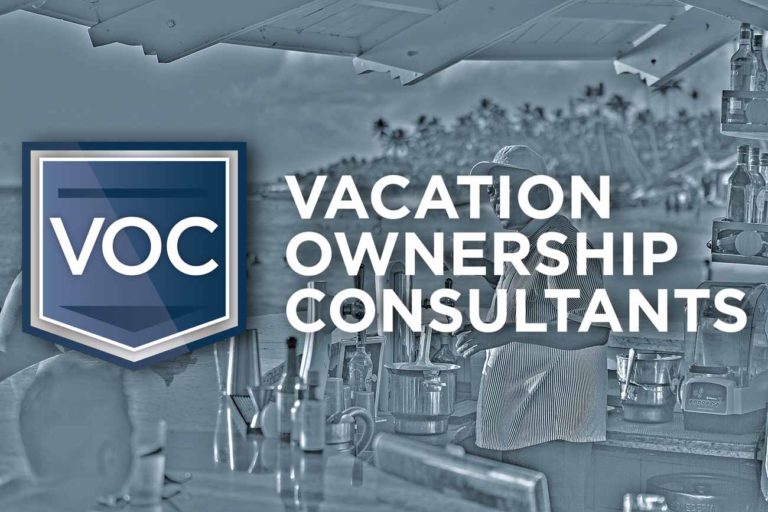
Over the years, we’ve talked to thousands of vacation owners about their timeshare experience and the regret of the purchase as a whole. Whether it

Taking out a personal loan for a vacation ownership usually seems like a good idea after speaking to timeshare salespeople. Misleading promises during the presentation

Nearly every victim of a timeshare sale is on vacation when they make the purchase. Because of this, many eventually regret it. While it’s easy

For decades now, millions of consumers have been talked into spending tens of thousands of dollars on a weekly timeshare vacation. While some are content

When it comes to timeshares, the amount of time and money that goes into the sale is staggering. But it’s not because travel has become